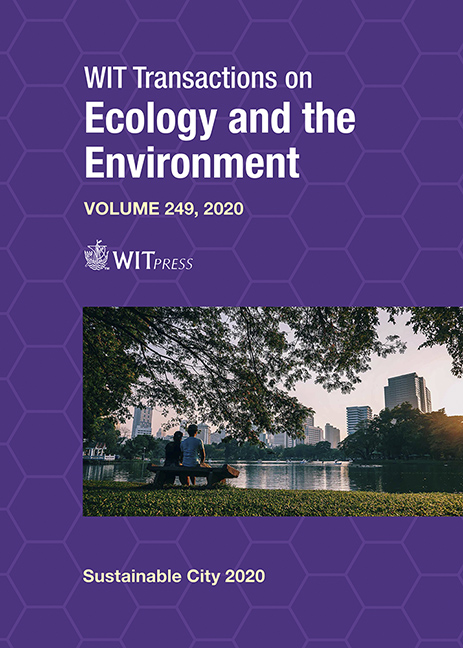HERITAGE-LED ONTOLOGIES: DIGITAL PLATFORM FOR SUPPORTING THE REGENERATION OF CULTURAL AND HISTORICAL SITES
Price
Free (open access)
Transaction
Volume
249
Pages
12
Page Range
307 - 318
Published
2020
Paper DOI
10.2495/SC200261
Copyright
WIT Press
Author(s)
BEATRICE TURILLAZZI, GIOVANNI LEONI, JACOPO GASPARI, ERNESTO IADANZA, MARINELLA MY, MARTINA MASSARI, SAVERIA O. M. BOULANGER, AMIR DJALALI
Abstract
The increasing application of digital technologies to cultural heritage (CH) is wide and well documented, including a variety of tools such as digital archives, online guides and HBIM repositories. Several vocabularies and ontologies were designed to order heritage data and make CH more accessible and exploitable. However, these tools have often focused on a particular dimension of CH producing high value in separate sectors (e.g. access to conservation of historic buildings and data valorisation for restoration of heritage assets) but lacking ways for adapting or replicating the model to urban complex systems. Moreover, many studies and tools show large effort in cataloguing and archiving, but less in providing tools for designing and managing. The ROCK platform, developed within the Horizon 2020 (H2020) funded project ROCK (GA 730280), addresses the need for a management and intervention-oriented interoperable tool, aimed at storing, visualizing, elaborating and linking data on cultural heritage. The use of already existing ontologies was not sufficient for developing a tool to deal with the complexity of urban systems and heterogeneous data sources. Instead, a participative methodology was set in place for the development of a context-based semantic framework to define the needs and requirements of heritage-led regeneration actions.
Keywords
semantic platforms, cultural heritage integrated management, sustainable development, heritage-led regeneration, living lab





